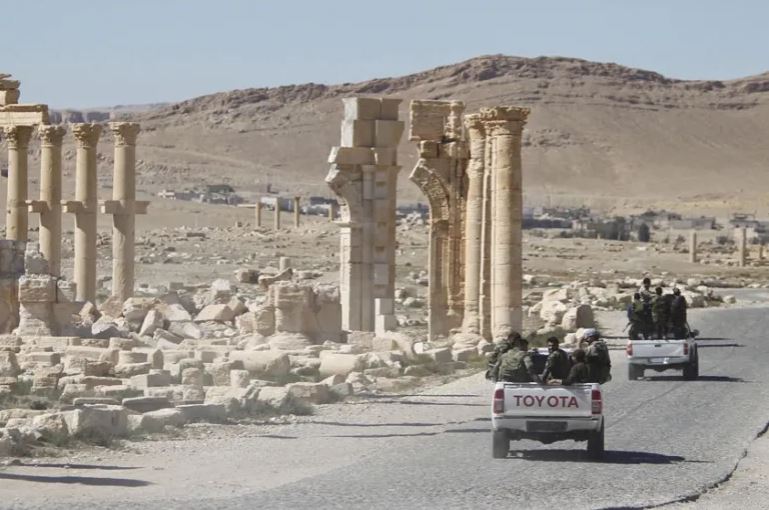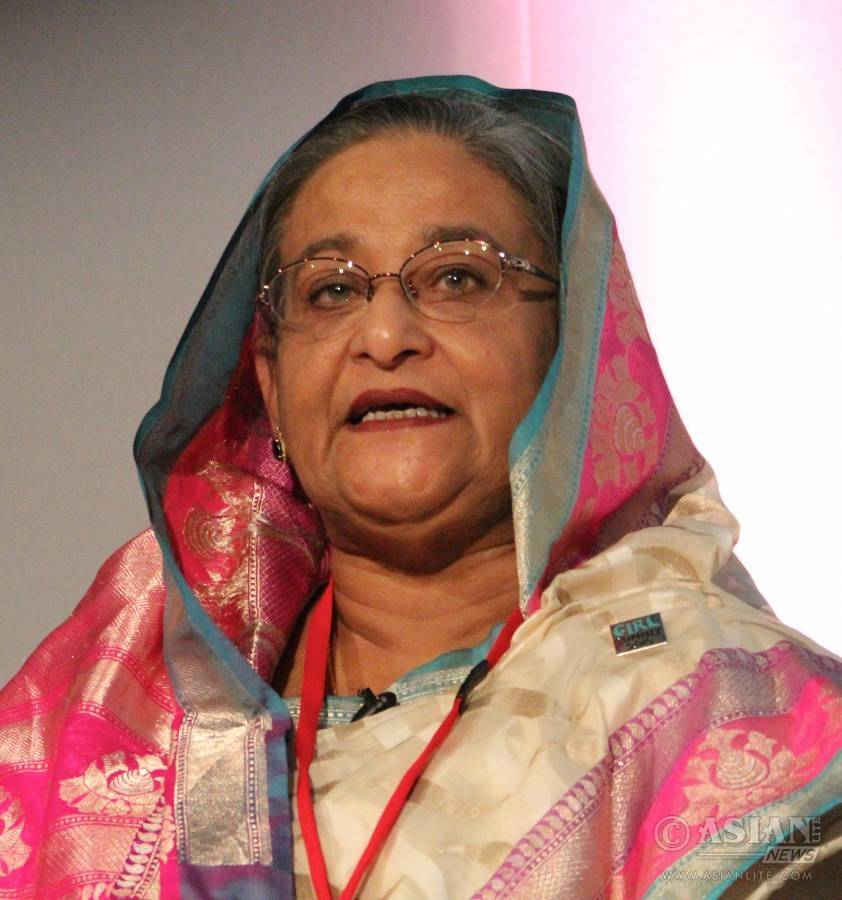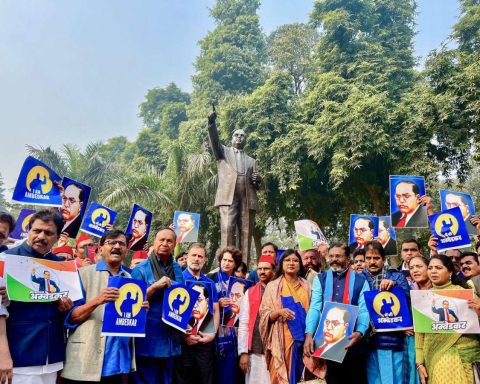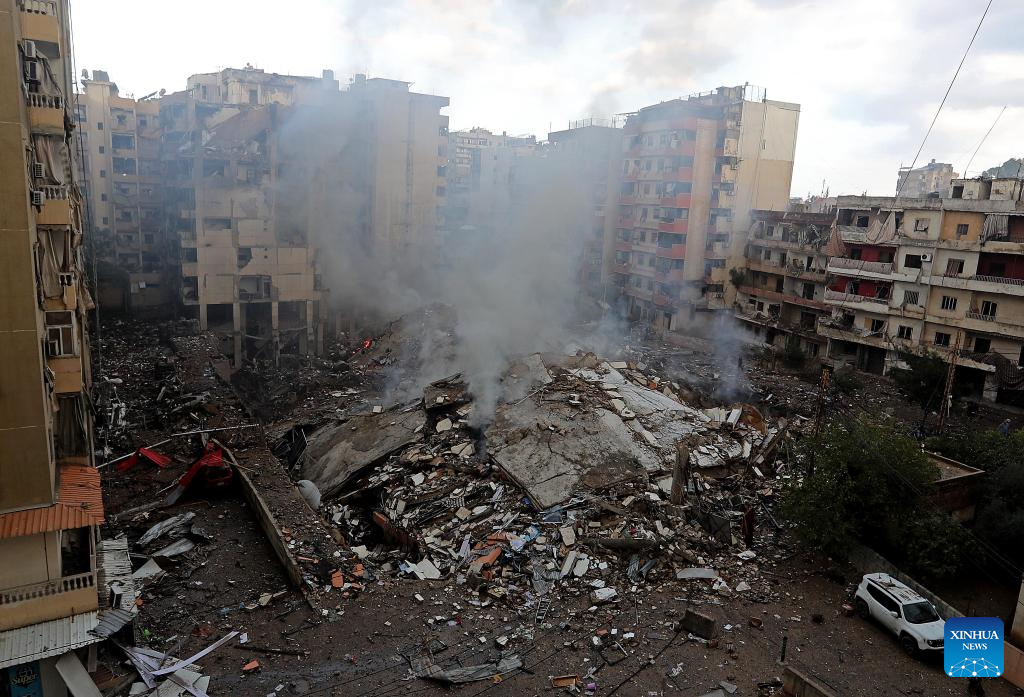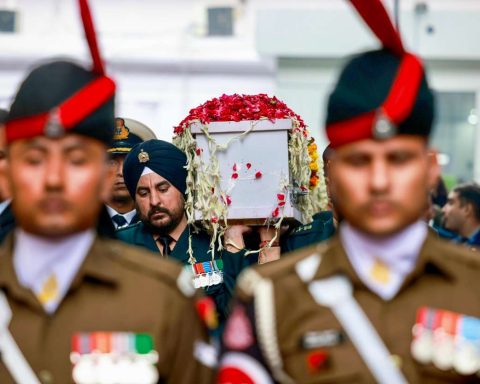ALENA DOUHAN, UN SPECIAL RAPPORTEUR: 90 percent of Syria’s population is currently living below the poverty line, with limited access to food, water, electricity, shelter, fuel, transportation and healthcare. The country is facing a huge “brain-drain” due to growing economic hardship
Unilateral sanctions against Syria should be lifted as soon as possible, a UN expert said. The sanctions are contributing to the destruction and trauma suffered by the Syrian people, said Alena Douhan, UN Special Rapporteur on unilateral coercive measures and human rights.
Following a 12-day visit to Syria, Douhan said she was struck by the humanitarian impact of the measures imposed on Syria, a country attempting to rebuild in the wake of a decade-long war.
Douhan said that 90 percent of Syria’s population is currently living below the poverty line, with limited access to food, water, electricity, shelter, fuel, transportation and healthcare. The country is facing a huge “brain-drain” due to growing economic hardship, she said.
“With more than half of the vital infrastructure either completely destroyed or severely damaged, the imposition of unilateral sanctions on key economic sectors, including oil, gas, electricity, trade, construction and engineering, has quashed national income, and undermined efforts towards economic recovery and reconstruction,” Douhan added.
“In the current dramatic and still-deteriorating humanitarian situation, as 12 million Syrians grapple with food insecurity, I urge the immediate lifting of all unilateral sanctions that severely harm human rights and prevent any efforts for early recovery, rebuilding and reconstruction,” she stressed.
The UN Special Rapporteur also referred to other negative impacts of the sanctions, including on international cooperation in the areas of science, the arts, sports, cultural heritage, access to new technologies, cyberspace, criminality and security. She also referred to the frozen foreign assets of Syrian financial institutions.
“I urge the international community and the sanctioning states, in particular, to pay heed to the devastating effects of sanctions, and to take prompt and concrete steps to address over-compliance by businesses and banks in accordance with international human rights law,” she said.
Meanwhile, UN Secretary-General Antonio Guterres is greatly concerned by the recent escalation of violence in northwest Syria, including shelling and airstrikes, which has resulted in civilian deaths and casualties in and around camps for internally displaced persons in Idlib governorate.
Guterres calls on all parties to exercise maximum restraint and refrain from escalating the situation, said Stephanie Tremblay, an associate spokesperson for the Secretary-General, on Wednesday.
The Secretary-General calls for calm and reaffirms the need for a nationwide ceasefire as called for in Security Council Resolution 2254, she told a daily press briefing as quoted by Xinhua news agency report.
Tremblay added that at least 121 civilians had been killed and 210 others injured in northwest Syria this year. Humanitarian conditions continue to decline due to ongoing hostilities and a deepening economic crisis. Nearly 4.1 million people — 80 per cent of them women and children — rely on UN aid to meet their most basic needs.
Biden in Egypt
Egyptian President Abdel-Fattah al-Sisi and his visiting US counterpart Joe Biden discussed a number of regional and international issues, the Egyptian Presidency said in a statement.
Meeting on the sidelines of the 27th session of the Conference of Parties (COP27) to the United Nations Framework Convention on Climate Change in Egypt’s Red Sea resort city of Sharm El-Sheikh, the two leaders discussed the Russia-Ukraine crisis as well as developments in Libya, Yemen and Syria, said the statement on Friday.
Sisi stressed reaching political settlements for these crises and ending the presence of foreign mercenaries and militias in the region, Xinhua news agency reported.
Concerning the issue of Ethiopia’s disputed Grand Ethiopian Renaissance Dam (GERD), Sisi reaffirmed Egypt’s adherence to preserving its water security by reaching a legally binding agreement on filling and operating the dam.
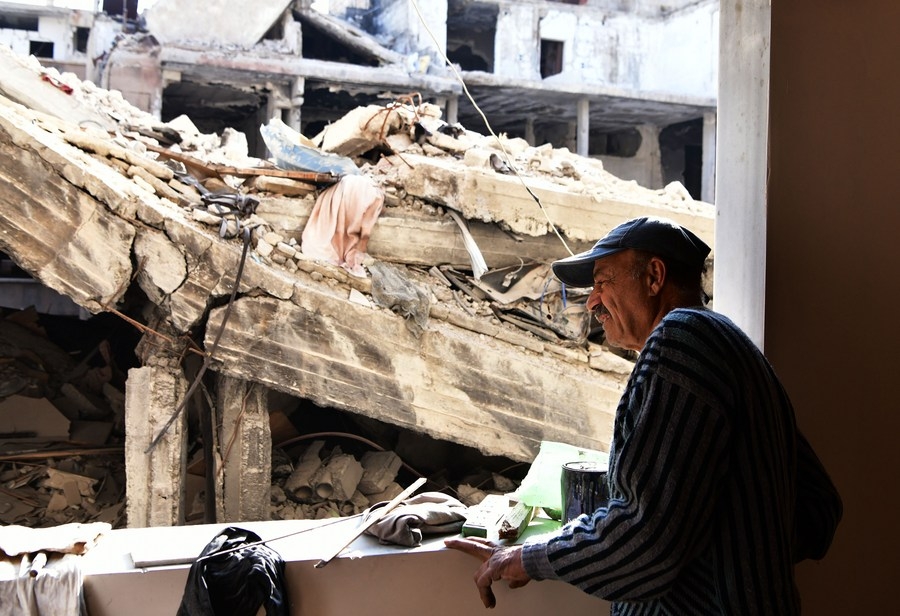
He said that the agreement must guarantee Egypt’s water security, in accordance with the principles of international law to achieve the common interests of all parties. They also discussed the Palestinian issue, the statement added.
For his part, Biden praised Egypt’s efforts in combating terrorism, while expressing the support of his administration for such efforts.
The two leaders also pledged to strengthen the strategic partnership between the two countries in various fields of cooperation.


